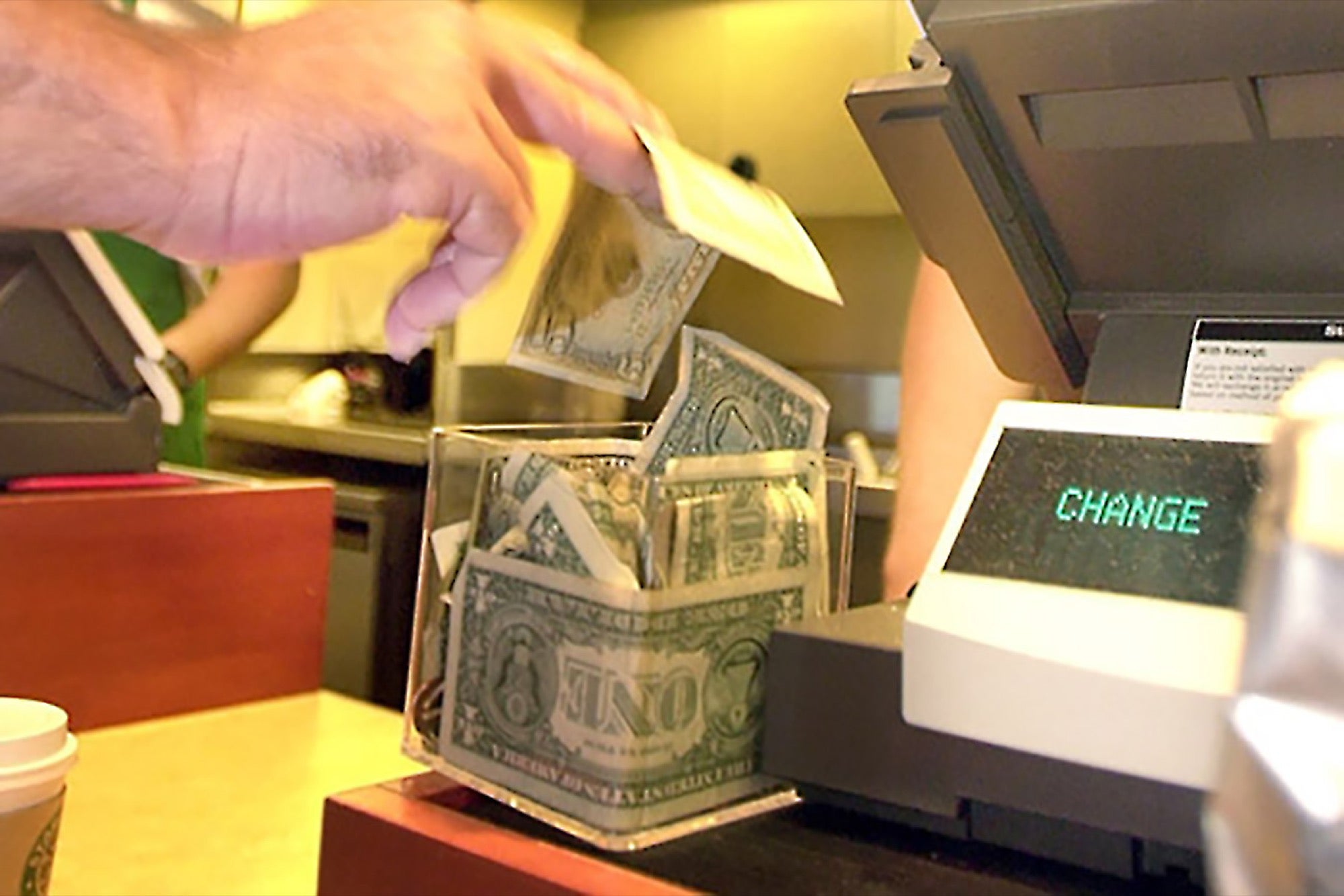D.C. Moves to Hike Minimum Wage for Big-Box Retail Employees Despite Wal-Mart Opposition Washington, D.C., lawmakers have voted to require big-box retailers to pay 50 percent more than the district's legal minimum wage.
Opinions expressed by Entrepreneur contributors are their own.

Washington, D.C., politicians have moved forward with plans to raise the local minimum wage for employees at major retailers, despite opposition from retail behemoth Wal-Mart.
The Washington, D.C., city council voted Wednesday to pass a law in the capitol city that would require big-box stores to pay their employees 50 percent more than the existing district minimum wage.
Called the "Large Retailer Accountability Act of 2013," the Act, which still needs to be signed by D.C. Mayor Vincent Gray, would require retailers with more than $1 billion in annual revenues and indoor retail premises of 75,000 square feet or more, to pay employees making less than $50,000 a year at least $12.50 per hour. Currently, the minimum wage in D.C. is $8.25 per hour.
The vote came the day after Wal-Mart threatened to pull back plans to open stores in D.C. if the city council passed the act. In an op-ed published in the Washington Post on Tuesday, Wal-Mart's general manager for the U.S., Alex Barron, who is responsible for all planned stores in the D.C. region, said that the D.C. city council would give the retailer no choice but to backtrack on its plans if city leaders passed the law. Wal-Mart had plans to open six stores in the metro area, and three are currently under construction.
"Unfortunately, the district may soon adopt legislation that discriminates against business and threatens to undo all that we have accomplished together," Barron wrote. "From day one, we have said that this legislation is arbitrary and discriminatory and that it discourages investment in Washington."
Related: Wal-Mart Offers Entrepreneurs a Chance to Compete for Shelf Space
In the wake of the vote, Wal-Mart confirms that it will not pursue three of its planned D.C. stores and will review the implications on the three stores already under construction, says Steven V. Restivo, senior director of communications at Wal-Mart. "This was a difficult decision for us and unfortunate news for most D.C. residents, but the council has forced our hand," says Restivo.
The city council says that the cost of living in D.C. is 42 percent higher than the national average, and local workers need more money to maintain a decent standard of living. "District residents at the lowest end of the wage spectrum find it increasingly difficult to earn a living," the council says in a background briefing on the bill. What's more, the council says that low-wage workers are likely to spend the money they make in their local economy, which would be a boon to the region.
In a strongly worded statement, the National Retail Federation has expressed its disapproval of the ruling. "The Large Retailer Accountability Act is a flawed and unwarranted bill and a prime example of why the district is consistently ranked as one of the worst places to do business in the nation," says David French, the senior vice president of government relations at the Washington, D.C.-based advocacy organization. "It is also a prime indicator as to why unemployment remains consistently high for district residents even as it improves in surrounding jurisdictions."
Related: New York City to Require Employers to Give Paid Sick Leave












